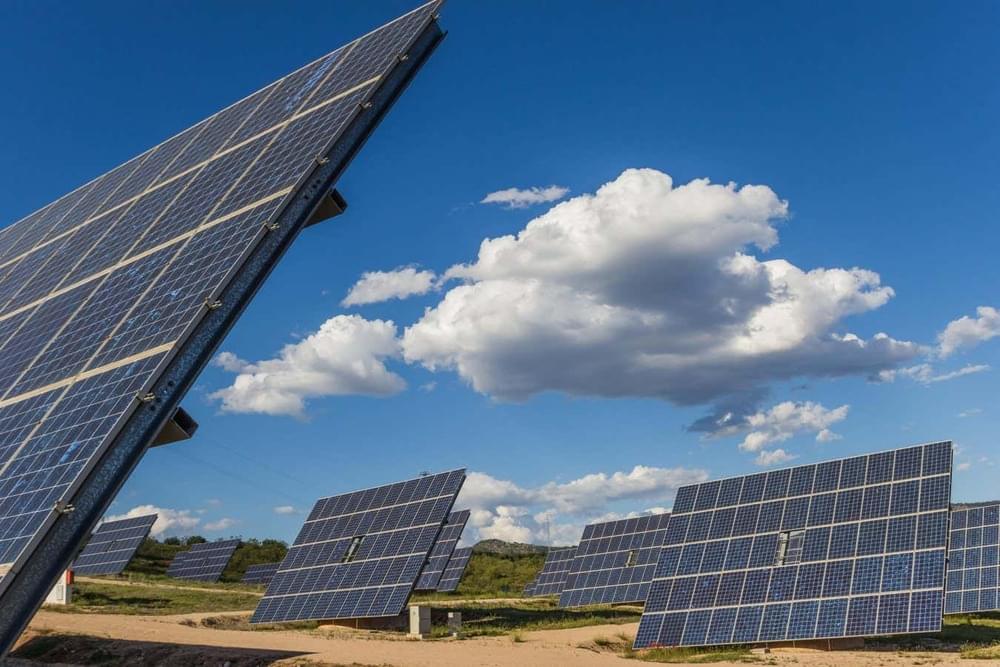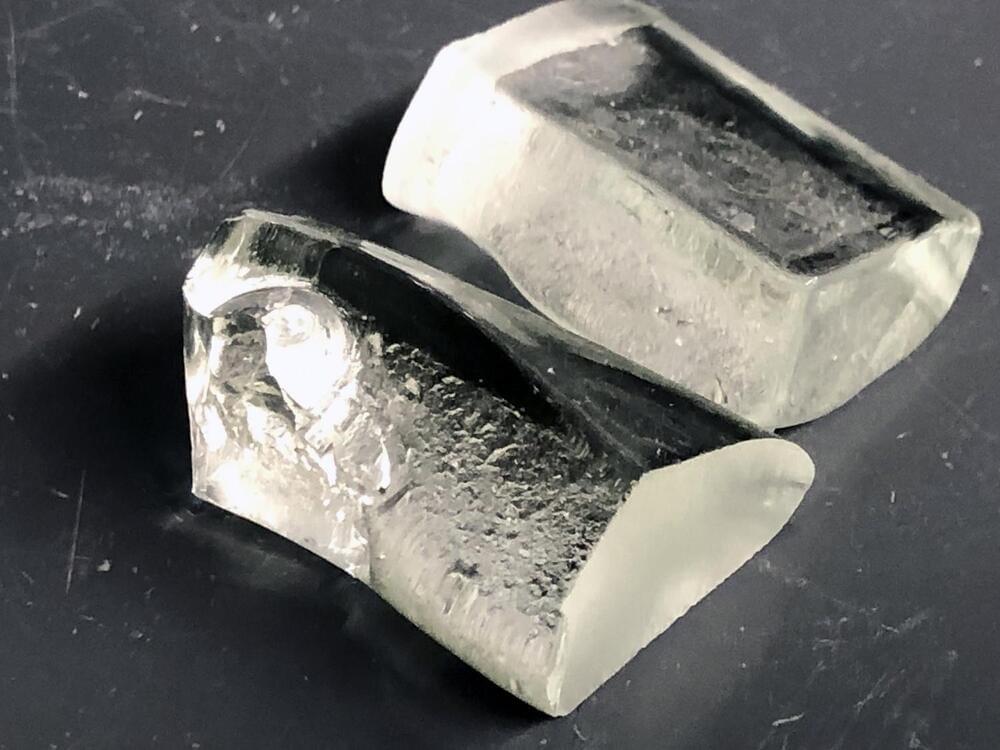Touring, a type of riding that involves long distance trips, has long been the achilles heel of electric motorcycles. While e-motos have developed to the point where they can beat combustion engine motorcycles in nearly every other metric, quick recharging required for long distance riding has yet to reach parity with a gas station fill-up. At least, that was until Lightning Motorcycle debuted what it says is the fastest charging electric motorcycle yet.
Lightning Motorcycles, the Southern California-based boutique e-motorcycle manufacturer, claims that its new fast-charging electric motorcycle can recharge nearly as fast as a combustion engine motorcycle can refuel its tank.
Previously, the quickest DC fast-charging electric motorcycles like the models from Energica or Harley-Davidson’s LiveWire One boasted a recharge time of around 30 minutes for a nearly topped-up battery.







